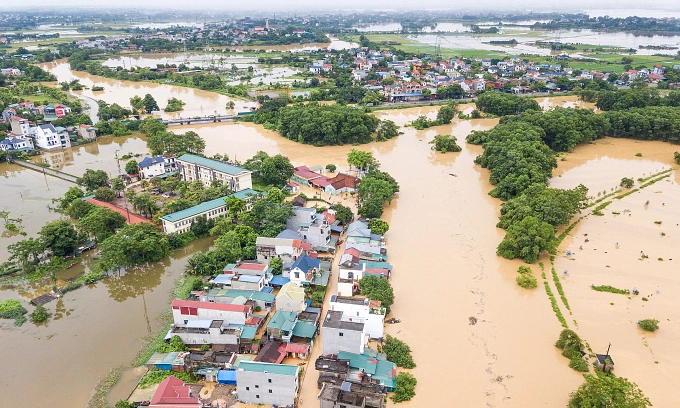In a recent feature, the South China Morning Post unveiled rare photographs from Vietnam taken over three decades ago, providing a glimpse into the country’s early tourism era. Accompanying these nostalgic images is a heartfelt essay by British traveler Simon O’Reilly, who reflects on his first visit to Vietnam in 1994, just as the nation was opening up to international travelers.
Vietnam’s Transformation

Vietnam began welcoming foreign visitors following significant economic reforms known as “Đổi Mới,” initiated in the late 1980s. By 1994, the country had made a marked shift, allowing tourists more freedom in their travel choices and accommodations. O’Reilly’s memories paint a vivid picture of this transformative period.
On his journey, O’Reilly’s first stop was Ho Chi Minh City. Together with a friend, they settled into a six-story hotel that offered stunning views of bustling street life below. The hotel’s ground floor featured a cozy café serving strong Vietnamese drip coffee and local canned beers, while nearby stalls sold unique items such as Zippo lighters and jewelry crafted from bullet casings.
Instant Millionaires

Upon arrival, O’Reilly and his friend exchanged a modest amount of U.S. dollars into Vietnamese dong, where at the time, $100 equated to an astounding one million VND. With the largest denomination being 5,000 VND, they found themselves jokingly referring to themselves as “instant millionaires” thanks to the thick stacks of cash they received.
With plans to travel north along the coast to Hanoi, the duo opted for either bus or train transportation. Their experience on the train was memorable; though crowded, it provided an unexpectedly comfortable ride. O’Reilly recalls waking up to the enticing aroma of dried squid grilled on small charcoal stoves set up between the train seats, which filled the entire carriage.
The Bus Breakdown

However, not all transport experiences were smooth. During one leg of their journey, they boarded a cramped, old bus filled to capacity with people and luggage. After just a couple of hours, the bus broke down, forcing everyone to exit while the driver and assistant tinkered underneath the vehicle to make repairs.
An Unexpected Adventure
Seizing the opportunity for adventure, O’Reilly and his friend decided to rent motorbikes in Da Nang with a whimsical plan to sleep under the stars on a secluded beach. As they rode through the night, searching for palm trees to hang their hammocks, they encountered dim headlights and treacherous sand dunes. Eventually, they discovered a quiet stretch of beach.
The following morning, after a restless night in their hammocks, they set out to find coffee. To their shock, they noticed a wooden sign illuminated by the morning sun, which read simply: “Mines.”
“We swallowed hard and sped away on our bikes,” O’Reilly recounted, expressing relief that their adventure didn’t end in disaster. Soon they arrived at a small village, but not before their motorbikes ran out of fuel.
Genuine Hospitality
As they prepared to walk for what they thought would be hours, curious local children approached them with wide eyes, eager to interact with the foreigners. Despite language barriers, O’Reilly described a heartwarming exchange where the two parties managed to communicate without words.
Soon after, villagers appeared with a large bottle of gasoline, water, and snacks, extending their hospitality without any expectation of payment. “It’s hard to describe how warm and generous Vietnamese people are,” O’Reilly reflected. “Despite their modest lives, they were incredibly hospitable, honest, and deeply proud of who they are.”
Throughout their travels, O’Reilly and his companion were frequently invited to share meals, showcasing the generosity of the locals, who never asked for financial compensation. Though the pair did not reach Hanoi as originally planned, they were deeply touched by the warmth and kindness of the Vietnamese communities they encountered along the way.
A Journey of Connection
O’Reilly’s account captures not only the essence of Vietnam’s emerging tourism industry in the 1990s but also highlights the profound connections forged between travelers and locals. His story serves as a reminder of how hospitality can transcend cultural differences, creating lasting memories during a pivotal time in history.
As Vietnam continues to evolve as a popular destination for travelers worldwide, O’Reilly’s reflections from nearly thirty years ago remain a poignant tribute to the country’s rich culture and the welcoming spirit of its people.


